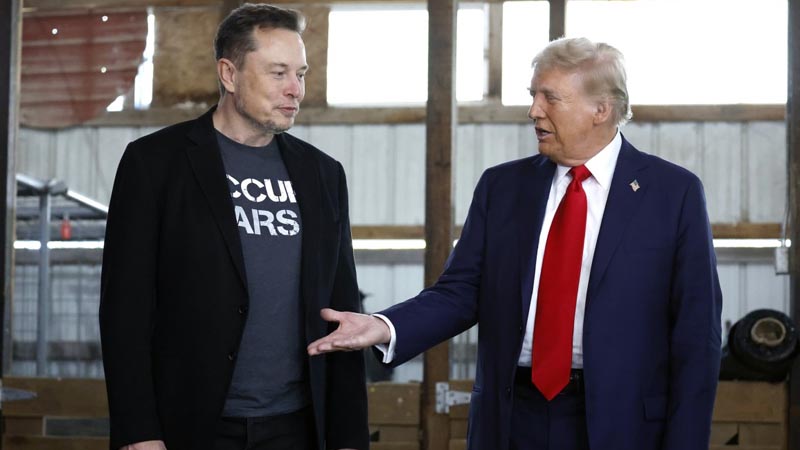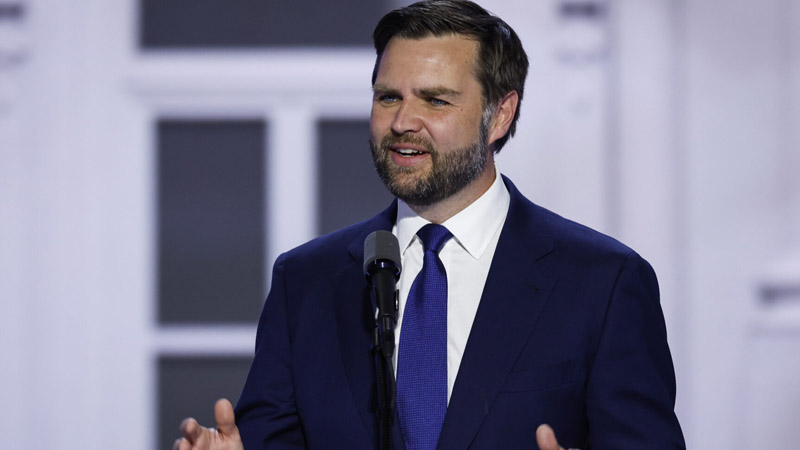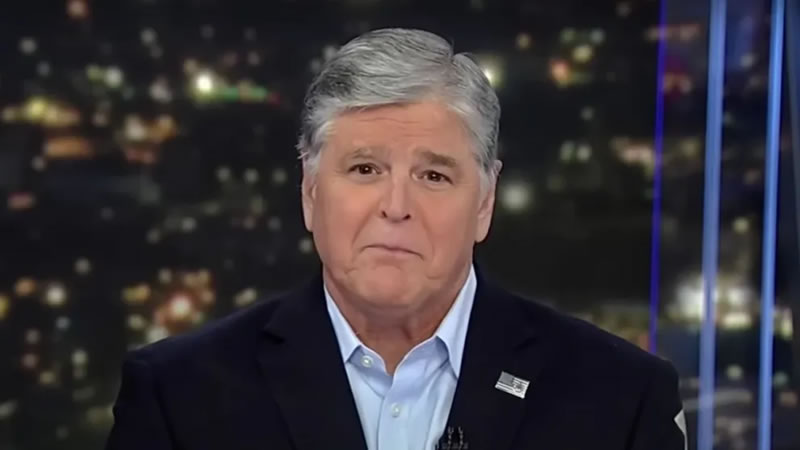Elon Musk’s Federal Efficiency Mission Faces Legal and Bureaucratic Hurdles

Elon Musk listens as President-elect Donald Trump addresses a House Republicans Conference meeting at the Hyatt Regency on Capitol Hill. (Andrew Harnik | Getty Images)
Tech billionaire Elon Musk, appointed by Donald Trump to lead the newly created Department of Government Efficiency (DOGE), is set to face significant challenges in his mission to streamline federal spending and reduce personnel. While Musk has made waves in the private sector with bold moves—such as slashing Twitter’s workforce and rebranding it as X—the complexities of federal governance may prove to be a different beast, according to a report by The New York Times.
“When Mr. Trump takes office, Mr. Musk’s group will face a daunting reality,” wrote David A. Fahrenthold, Alan Rappeport, Theodore Schleifer, and Annie Karni. “An entire apparatus has developed over the centuries that allows the government to keep marching on in the face of economic shocks, wartime hardships, or — as in this case — political vows to diminish its size and spending.”
The federal government’s 2.3 million civilian workforce, deeply entrenched processes, and legal safeguards pose major obstacles to Musk’s sweeping ambitions. Efforts to drastically cut government size or eliminate agencies are likely to meet resistance in Congress, face lawsuits from advocacy groups, and be slowed by federal rules.

Unlike his businesses, Musk will not have unilateral decision-making power in this role. The report notes, “Unlike in his businesses, Mr. Musk will not be the sole decider, but will have to build consensus among legislators, executive-branch staffers, his co-leader and Mr. Trump himself.” Additionally, federal transparency laws, such as the 1972 Federal Advisory Committee Act, impose strict requirements on advisory committees.
These rules mandate open-records compliance, making closed-door decision-making impossible and increasing the likelihood of legal challenges. One of Musk’s early proposals—to “delete” the Consumer Financial Protection Bureau (CFPB)—has already sparked controversy. The CFPB, established after the financial crisis, has recovered $20 billion for consumers from abusive financial institutions.
Musk’s stance against the bureau has drawn criticism from consumer advocates and watchdog organizations. The challenges Musk faces underscore the stark difference between running a private enterprise and navigating the bureaucratic and legal intricacies of federal governance. His appointment to DOGE has drawn both skepticism and intrigue, but as the report highlights, the road ahead is likely to test Musk’s ability to deliver on bold promises within the constraints of public administration.




